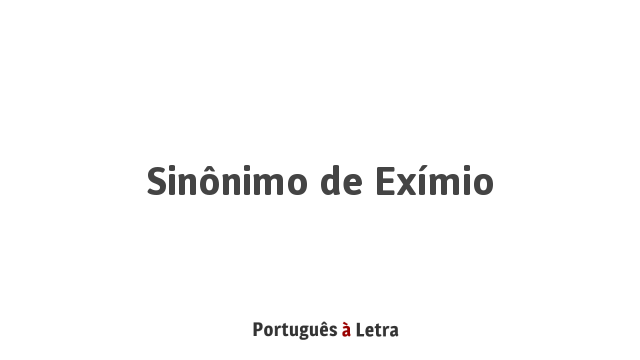

An unnamed Cree speaker suggested the original word that became corrupted to Eskimo might have been askamiciw (meaning "he eats it raw") the Inuit are referred to in some Cree texts as askipiw (meaning "eats something raw"). Some people consider Eskimo offensive, because it is popularly perceived to mean "eaters of raw meat" in Algonquian languages common to people along the Atlantic coast. French traders who encountered the Innu (Montagnais) in the eastern areas adopted their word for the more western peoples and spelled it as Esquimau or Esquimaux in a transliteration. In 1978, José Mailhot, a Quebec anthropologist who speaks Innu-aimun (Montagnais), published a paper suggesting that Eskimo meant "people who speak a different language". This interpretation is generally confirmed by more recent academic sources.

The designation Alaska Native applies to enrolled tribal members only, in contrast to individual Eskimo/Aleut persons claiming descent from the world's "most widespread aboriginal group". The United States government legally uses Alaska Native for Native Alaskans including the Yupik, Inuit, and Aleut, but also for non-Eskimo Native Alaskans including the Tlingit, the Haida, the Eyak, and the Tsimshian, in addition to at least nine separate northern Athabaskan/Dene peoples.

Canada officially uses the term Inuit to describe the indigenous Canadian people who are living in the country's northern sectors and are not First Nations or Métis. The governments in Canada and the United States have made moves to cease using the term Eskimo in official documents, but it has not been eliminated, as the word is in some places written into tribal, and therefore national, legal terminology. Eskimo continues to be used within a historical, linguistic, archaeological, and cultural context. Many Inuit, Yupik, Aleut, and other individuals consider the term Eskimo, which is of a disputed etymology, to be unacceptable and even pejorative. These circumpolar peoples have traditionally inhabited the Arctic and subarctic regions from eastern Siberia (Russia) to Alaska (United States), Northern Canada, Nunavik, Nunatsiavut, and Greenland. The three groups share a relatively recent common ancestor, and speak related languages belonging to the Eskaleut language family. A related third group, the Aleut, which inhabit the Aleutian Islands, are generally excluded from the definition of Eskimo. Map of the Inuit Circumpolar Council of Eskimo peoples, showing the Yupik ( Yup'ik, Siberian Yupik) and Inuit ( Iñupiat, Inuvialuit, Nunavut, Nunavik, Nunatsiavut, Greenlandic Inuit)Įskimo–Aleut ( Aleut, Greenlandic, Inuktut, Yupik), Russian, English, French, DanishĪlaska Native religion, Inuit religion, Shamanism, AnimismĬhristianity ( Russian Orthodox Church, Orthodox Church in America, Roman Catholicism, Anglican Church of Canada, Church of Denmark)Įskimo ( / ˈ ɛ s k ɪ m oʊ/) is an exonym used to refer to two closely related Indigenous peoples: the Inuit (including the Alaska Native Iñupiat, the Canadian Inuit, and the Greenlandic Inuit) and the Yupik (or Yuit) of eastern Siberia and Alaska.


 0 kommentar(er)
0 kommentar(er)
